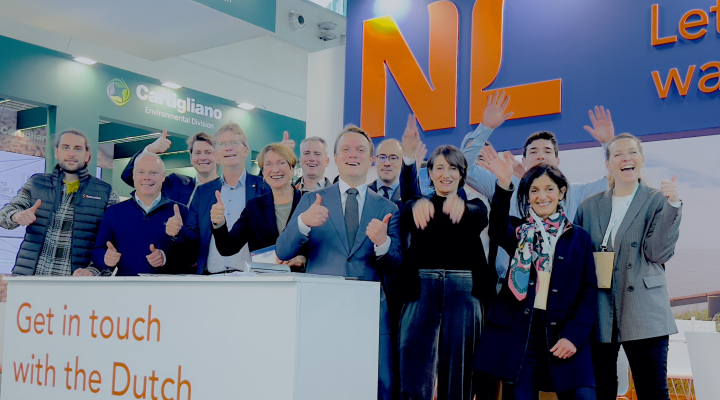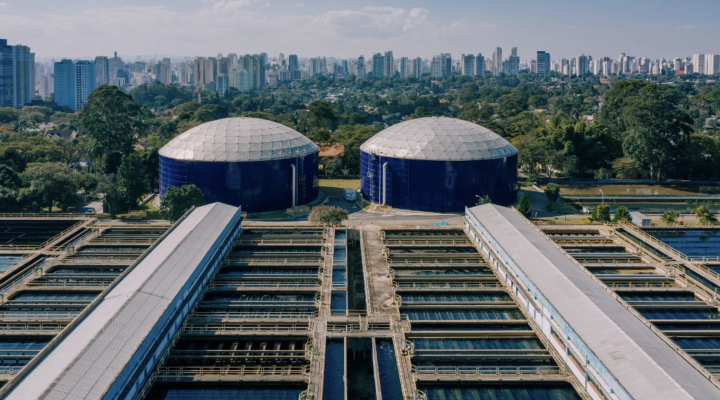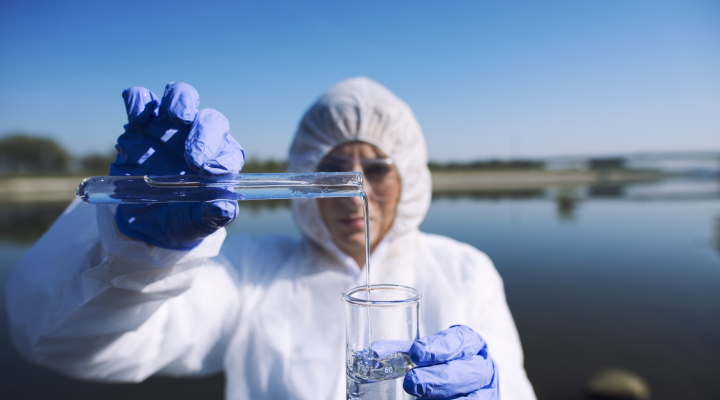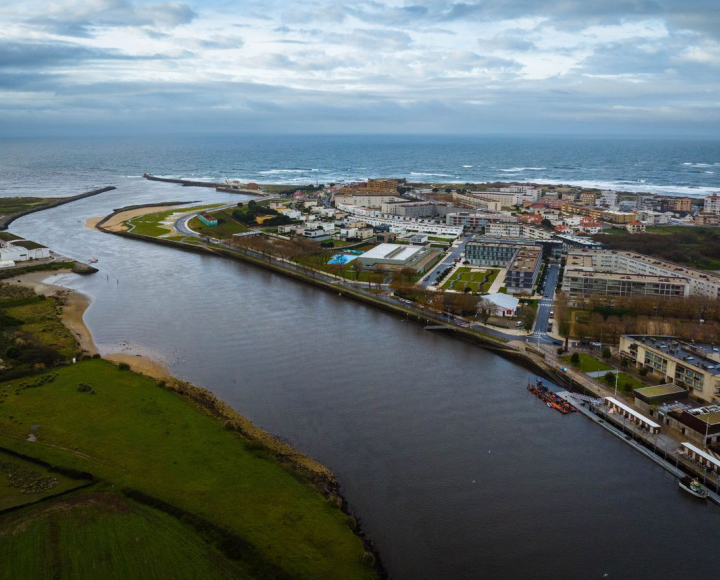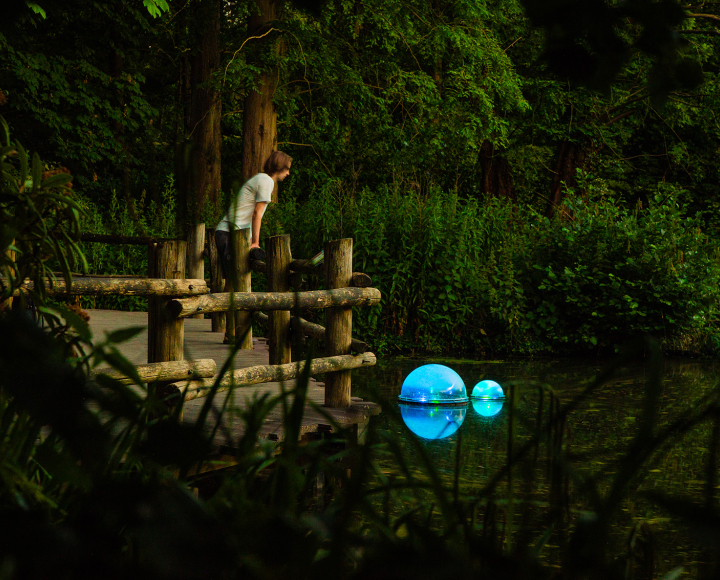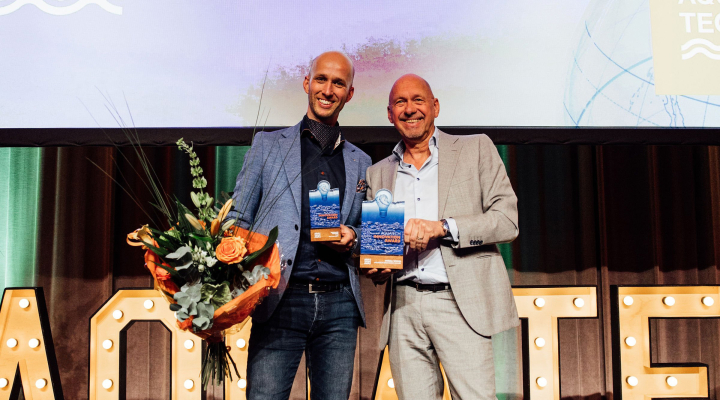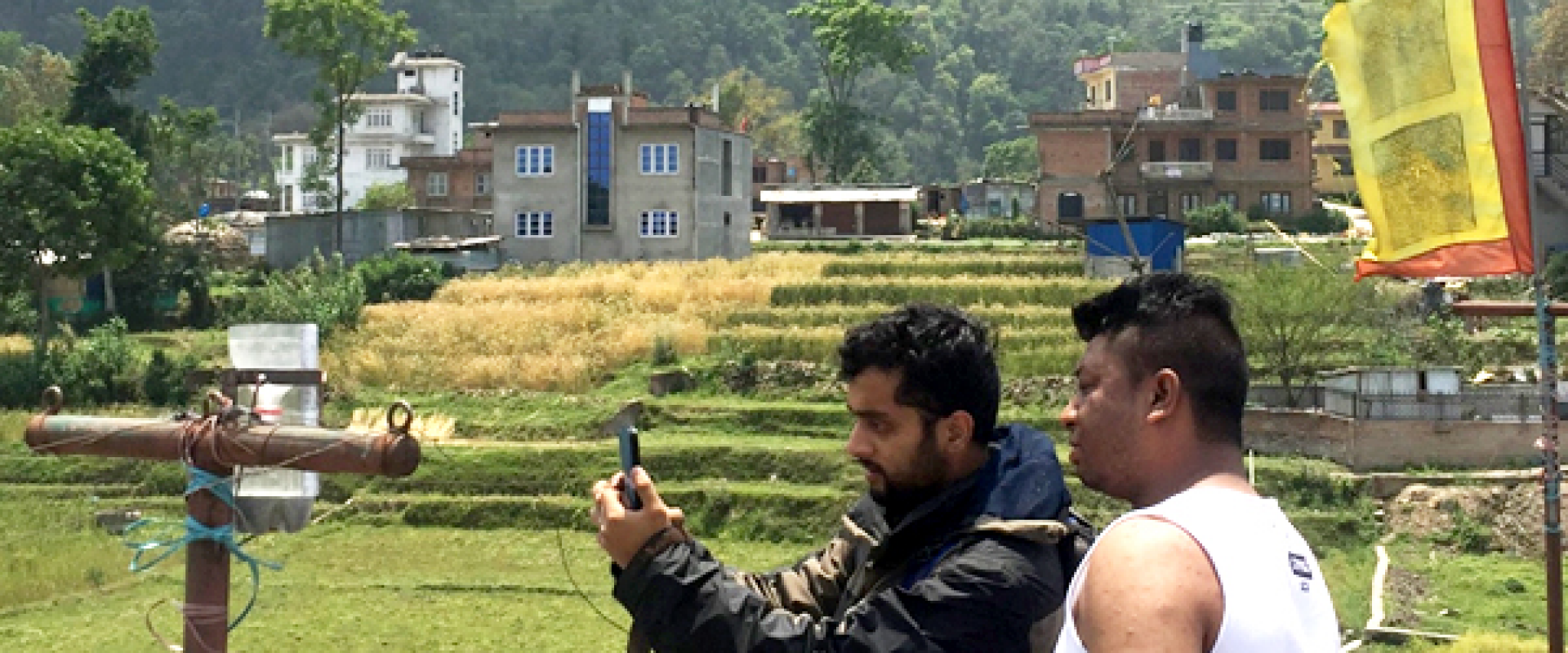
Smartphone helps close water data gaps
By using smart phones young researchers and citizen scientists can systematically help close so called 'water data gaps'. This is one of the main conclusions defended by Jeffrey Davids in his PhD- thesis at Delft University of Technology. Davids is founder of the SmartPhones4Water (S4W) foundation that collects data in the Kathmandu valley in Nepal.
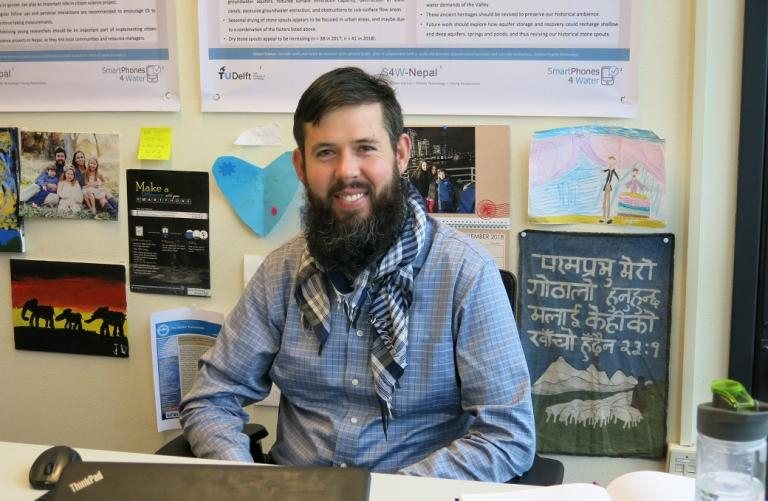

Smartphone technology
‘My dissertation chronicles the lessons learned along the fledgling journey of the non-profit SmartPhones4Water, from inception through the first few years of implementation’, says Jeffrey Davids on the occasion of his promotion.
SmartPhones4Water, an idea developed by PhD student Jeff Davids and the late Dr. Peter-Jules van Overloop from Delft University of Technology (Netherlands), was started in California in 2014.
The goal of the organisation is to leverage smartphone technology to gather water data in countries where such data are scarce. The method is simple: a network of local citizens use their smartphones to capture and upload the data to an online server and database.
S4W mobilises young researchers and citizen scientists with simple field data collection methods, low-cost sensors, and a common mobile data collection platform that can be standardised and scaled.
Water data gaps
The results of the dissertation by Jeffrey Davids suggest that a common mobile data collection platform can help close water data gaps.
Leveraging smartphones to generate appropriate metadata for each observation and consistently using these meta data to make corrections to raw measurements are key to ensuring high quality observations.
Kathmandu valley and beyond
The project was kicked into high gear in 2015 when S4W founder Davids, along with his family, moved to the Kathmandu Valley to start what is now called S4W-Nepal.
S4W will continue to develop and refine their ideas in Nepal, in addition to launching new projects in the Netherlands (S4W-NL) and California (S4W-CA) in 2019, to further evaluate and scale the approach.
Some significant challenges include the identification of sustainable funding, ensuring sufficient data quality, and long term continuity of data records.
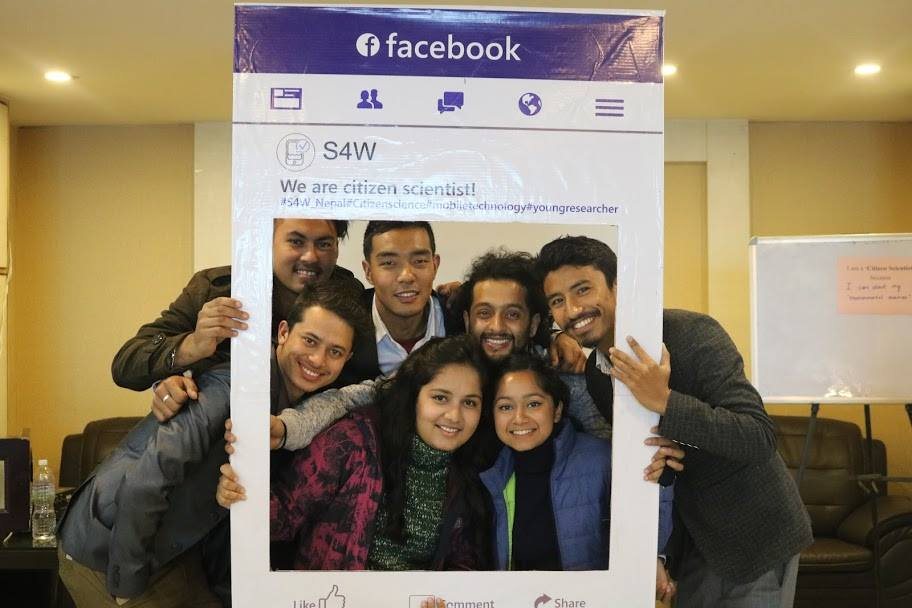

Collaboration
S4W-Nepal is a collaboration between SmartPhones4Water (S4W), a US based non-profit organization, Tribhuvan University Institute of Engineering (TU IoE), Himalayan Biodiversity and Climate Change Center (HimBioCliCC), Kathmandu Institute of Applied Sciences (KIAS), Delft University of Technology, the Swedish International Development Agency, and Stockholm University.
Download the PhD-thesis ‘Mobilizing Young Researchers, Citizen Scientists, and Mobile Technology to Close Water Data Gaps: Methods Development and Initial Results in the Kathmandu Valley, Nepal’ by Jeffrey Davids.
Watch the video to learn more on S4W-Nepal:




